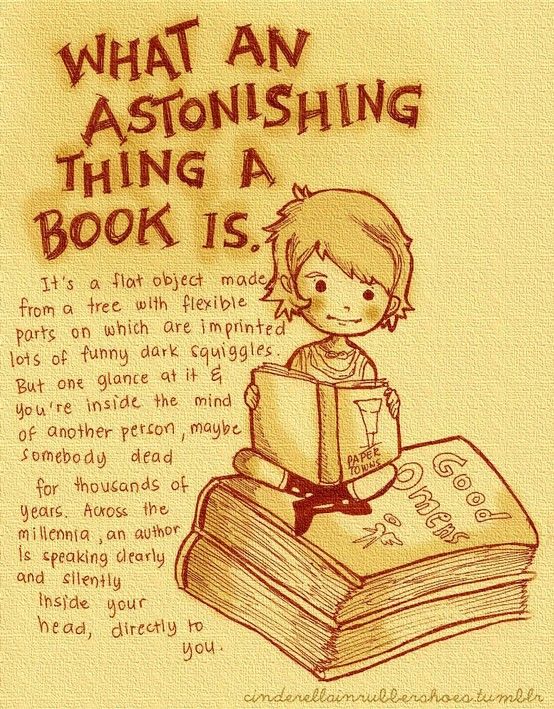AuthorRéné Pallace Archives
July 2022
Categories |
Back to Blog
One year not so long ago, we did a lot of traveling following our Denver then English athlete in the final seasons of her lacrosse career. I carried and read many books on death and dying. My companion read a book titled The Making of The Atomic Bomb. I see now that Carl Sagan has read it and recommends it as “a stirring intellectual adventure...indispensable history of events in which our future depends.” The book weighs 2.15 pounds and is 896 pages long. I don’t think anyone ever asked to sit in the unoccupied seat with us.
I still read voraciously on death and dying. I took many notes reading, Advice for Future Corpses (and for Those Who Love Them): A Practical Perspective on Death and Dying. Author Sallie Tisdale recounts, “the comedian Laurie Kilmartin used Twitter to describe her father’s last days. Her comments were often funny and poignant: “Just promised Dad I’d be nice to Mom. Damnit. “ She noted how hard it was to be appropriate, to say the right thing. “Hospice says to reassure the loved one that they can go, that we will be ok. So me sobbing “Dad, don’t fucking leave me, was frowned upon.” I’ve Seen The End of You: A Neurosurgeon’s Look at Faith, Doubt, and the Things We Think We Know, by W. Lee Warren, MD, writes “losing a child is the most malignant disease I’ve ever encountered in my own life.“ “The most important surgery I would ever perform would be the stitching together of my faith, my doubt, and the things I thought I knew.” “Resuscitation is a nasty endeavor. Because the heart has stopped it is very difficult for the Code Team to start IVs and many patients end up with large IV lines in their necks, groins, or both. CPR breaks ribs. Patients lose continence of their bladders and bowels. They vomit. In the end, even when we bring people back, only a small percentage of those patients survive to the end of the hospitalization; research suggests that only 16% of cancer patients who are saved by CPR are alive 30 days later”. W. Lee Warren, MD is a brain surgeon, inventor, Iraq War veteran “and somehow I’ve been placed in the lives of other bereaved and hurting people, and I have realized in those darkest hours, the knife edge of survival or ultimate loss might be traversable only if one can see, no matter how dim, the light from a torch held by someone a little further down the same path.” “One of the secrets to surviving the difficulties of life is to be honest with yourself about their effect on you.” And the book Anxiety: The Missing Stage of Grief, by Claire Bidwell Smith demonstrates that she has “come to understand that one of the significant reasons anxiety manifests after the death of a loved one is from not allowing ourselves to fully examine the story of our loss.” “I cannot help but look back on all of my experiences of loss, even the most painful moments of it all, with anything but gratitude. Losing the people I loved most in the world and walking through the fire of grief broke me wide open. Grief taught me compassion. Anxiety taught me peace and presence. Loss taught me how to live and love.” I think it’s the stories that empower us to make sense of it all.
0 Comments
Read More
Leave a Reply. |
 RSS Feed
RSS Feed
